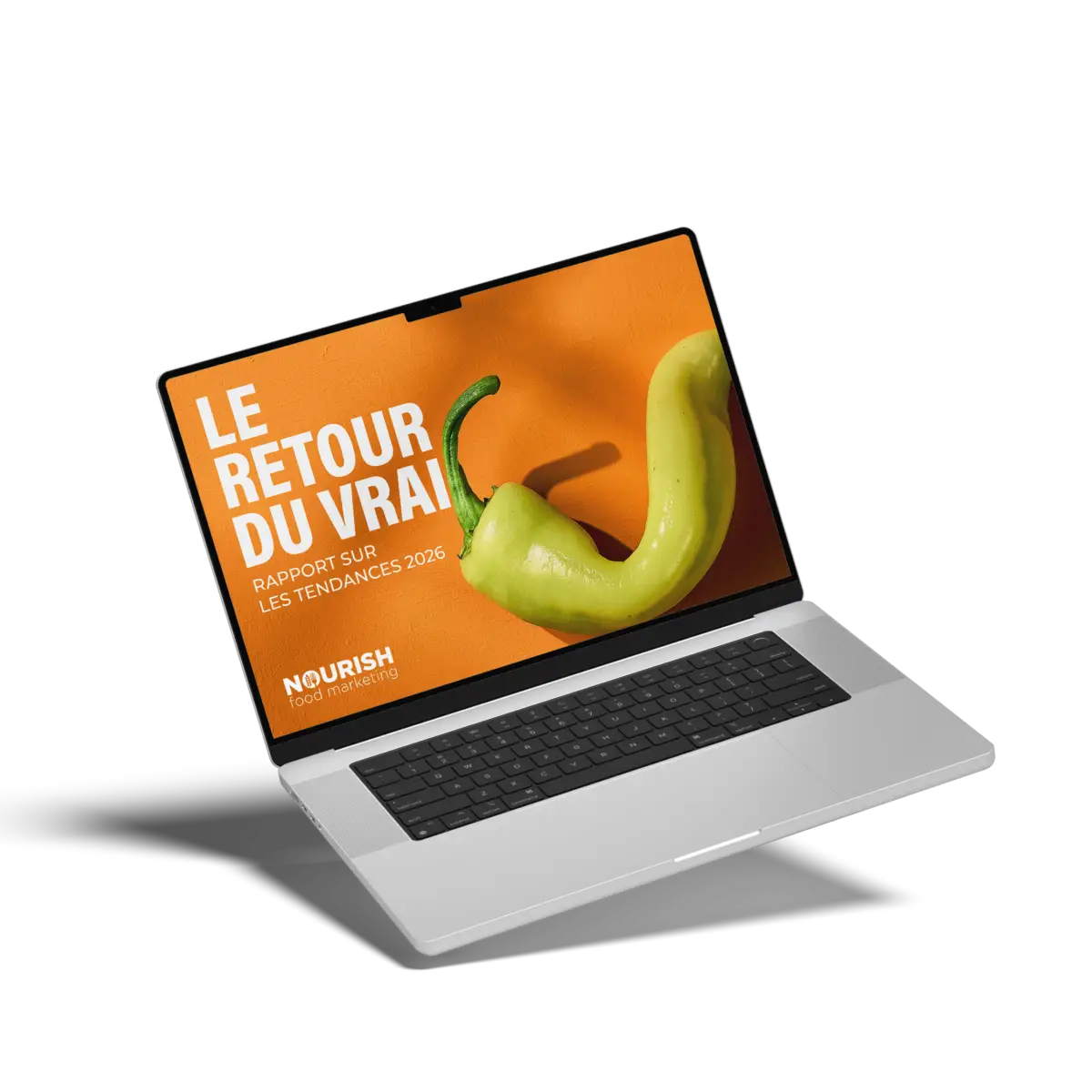A recent study published in Nature Human Behavior graphically illustrated the existence of a trust gap when it comes to how our food is made. The survey queried scientists about the safety of GMOs (genetically modified organisms), and almost 90% believed them to be safe. They asked consumers the same question and over 90% believed them to be unsafe. That’s quite a disconnect! But it gets even more complicated.
A little knowledge is a dangerous thing
Those consumers who were most opposed to GMOs believed they were the most knowledgeable about the issue, yet they scored the lowest on a test of actual scientific knowledge. And while you may be thinking to yourself that this is just an American thing, the study was also conducted in France and Germany, and the results were similar.
A parallel situation you’ll already know about is happening in Canada with anti-vaxxers. There are a lot of educated parents who believe they know more about the subject than their pediatrician. It’s not an exaggeration to say this way of thinking is truly dangerous; society is at risk of losing its herd immunization against previously eradicated diseases like mumps and measles. They listen to the same voices on the internet even when the original anti-vaxxer doctor who started it all has been struck from the UK medical registry for his fraudulent research on the subject.
As one expert, Paul Offit, a professor of pediatrics and director of the Vaccine Education Center at Children's Hospital of Philadelphia, put it, "Frankly, these suburban, educated parents believe they can Google the word ‘vaccine’ and get as much information as anybody. These people are educated just well enough to make terrible decisions for their children."
I’m not suggesting that all objections to GMOs are unfounded. But we seem to confuse concerns over safety and nutrition with the entirely separate issues stemming from monoculture farming. There’s an intensely emotional component to the GMO discussion, as well, and nothing clouds judgement quite like emotions.
You can lead a consumer to science, but you can’t make him (or her) think
We seem programmed to believe we know more than we actually do. It’s a bit of a vicious circle - a lack of knowledge also makes you unable to recognize your mistakes. In other words, you can’t know what you don’t know! Yet communications around areas related to science still focus on sharing scientific facts, the logic being, ‘if we educate them, they will see the light.’
However, the general population does not process information in the same way that scientists do. Most of our food and even our animals, including my beloved Goldendoodle, Gracie, are a result of cross-breeding. Breeding to bring out desired traits is as old as agriculture and domesticated animals, but that isn’t as “engineered” as GMOs in most consumers’ minds.
And, there is a lot of “bad” research out there where correlation is confused with causation. The media doesn’t help with their reporting of the “facts” either, and often reporting on less than rigorous research with small respondent bases. Everyone needs to dig in more and not take correlations at face value. Despite a reasonable connection between two things, there is sometimes really nothing to ground a causal relationship. Unfortunately, people often take conclusions out of research that support their already existing beliefs or make for compelling (or clickable) headlines.
(For a little fun, click here to see some entertaining spurious correlations. My favourite is the number of people who drowned falling into swimming pools overlayed with films Nicholas Cage appeared in.)
Couple this with a general distrust of large corporations and how they sometimes appear to put profit ahead of the public good. Corporations do themselves no favours when they make claims like “chicken raised without hormones” when all chicken is raised without hormones in Canada. This type of claim is called a “false unique” where the statement is true, but misleading and creates an erroneous assumption, such as chicken not labelled hormone-free must, therefore, contain hormones. (Anyone else remember “It’s toasted” from Mad Men?)
Today’s trusted “experts” are often just the voices with the biggest reach
CCFI’s 2018 Public Trust Research demonstrated that there is a dangerous disconnect between consumer perception of the food ecosystem and reality that needs to be addressed across the board. Food integrity is becoming more of a concern with consumers. Additionally, their public trust model shows that “shared values are 3-5 times more powerful than facts when it comes to earning trust.”
We no longer take an expert’s opinion as gospel. Celebrities and communities with shared values are more trusted. Perhaps we need the Gwyneth Paltrow of scientific influencers, a trusted source who communicates well. Are you available Neil Degrasse Tyson?
Remember - humans are not rational beings. We are wired for emotion first and facts second. Consumers are rightly looking for reassurance about the safety and trustworthiness of the products they put into their bodies. The best way to build trust is through transparency and storytelling.
Independent third-party verification will rise in adoption as consumers search for more credible information and authentic communication in an era of “fake news.” Where possible, show rather than tell consumers how your product is made, or an input is grown or raised. Show videos, or better yet, live stream and actually invite consumers in if possible.
How can you counter “sound-bite” science? How do you build trust with consumers? Facts aren’t enough - you also need to sell those ideas skillfully, and that’s the role of marketing communications.
Things to consider:
If you’re a Manufacturer:
Can you create emotional ties with more storytelling? Can you show rather than tell whenever possible?
If you’re a Retailer:
Are you sharing your values with your community?
If you’re in Food Service:
Can you be more transparent about where your inputs come from and tell the stories of the producers who provided them?
